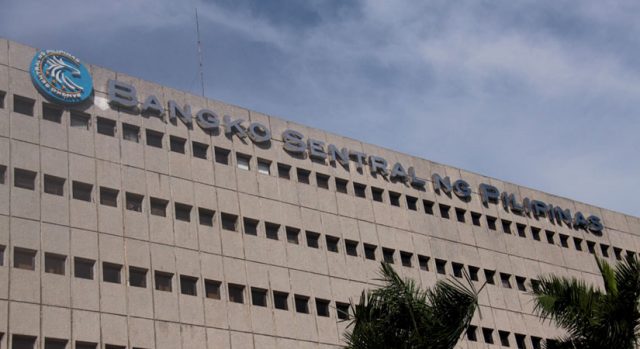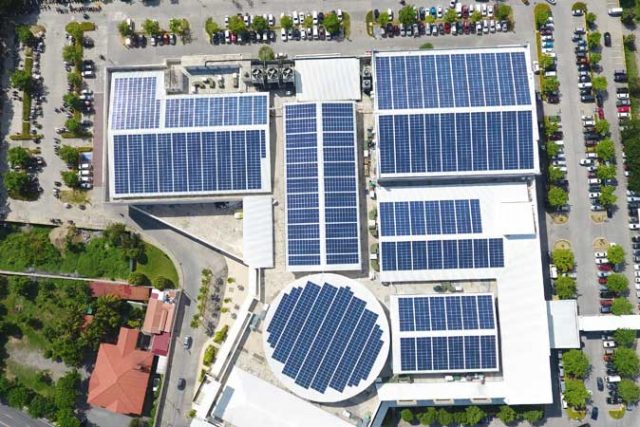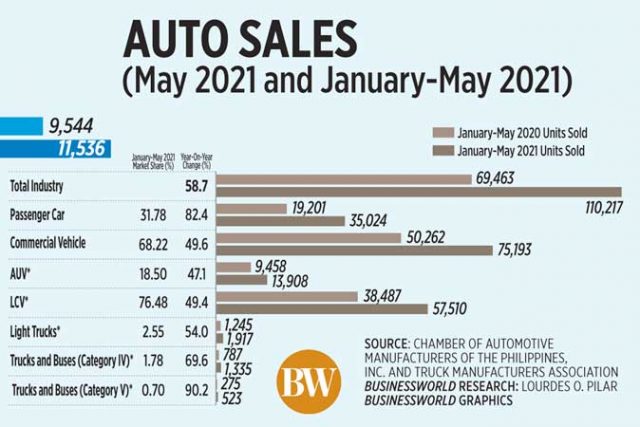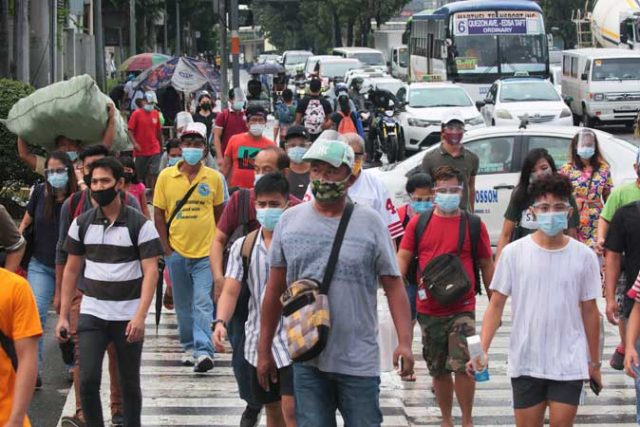Video Game Review
Neptunia Virtual Stars
Personal Computer via Steam
Totally Reliable Delivery Service
Personal Computer via Steam
The Neptunia series is certainly one that’s not afraid to diversify. Idea Factory has dipped the Neptunia franchise’s toes in practically everything at this point, straying from its role-playing-game niche to create all sorts of different offerings in different genres. Neptunia Virtual Stars is one such example, veering from the roots and going for a fast-paced action setup. While its premise is silly, it’s unabashedly self-aware, and the combination of light-hearted humor and entertaining story beats makes it seem like a natural extension. If nothing else, it’s another way to see the cute virtual idols of Gamindustri get an excuse to kick some butt.
In Neptunia Virtual Stars, that’s exactly what the Neptunia girls do. Working hand in hand with some Virtual YouTubers, they hack, shoot, and cut their way to save another world from destruction. With different weapons on tap, different skills to equip, and different accessories to use, the heroines of Neptunia Virtual Stars raise the quality of the third person action shooter genre.
Eschewing the series’ turn-based RPG systems, Neptunia Virtual Stars revels in its frenetic shooting and gritty melee swings. Each of the goddesses all have their own different gear to use, and while the shooting mechanics aren’t particularly deep, they contrast greatly with the ability to use the VTubers’ own melee-focused weapons. You’ll zip and dodge through each stage, gunning down opponents and hacking them to bits as you please. It doesn’t require much brain power, but it’s exceedingly fast and fluid. And while the combat can sometimes feel loose due to the guns being nearly useless without locking on, it does make successful hits feel weighty and impactful. With a pretty good soundtrack to match, Neptunia Virtual Stars’ first impression is certainly solid, and serves to tide you over long enough to get to what most buyers will undoubtedly get the game for: its VTuber collaboration.
Somehow, Idea Factory has managed to pull some actual VTubers into the game itself, and honestly, it’s the perfect fanservice to spice things up. The clips aren’t particularly long video clips, but their integration is nonetheless a treat. For example, you wouldn’t expect to see Shirakami Fubuki and Minato Aqua to drop in. But they do, and more; from Hololive to Kizuna Ai to The Fist Of The North Star’s Heart, no doubt included half-jokingly. However strong these moments might be, though, they’re ultimately a mixed bag. Most of the actual VTuber screen time you’ll see is taken up by the game’s own VTuber heroines in Me, You, Vice, and Licht. The rest of the VTubers are relegated to short, if sweet, cameos between battles, and what utility they have in-game isn’t seen through actual collaborations with them; they’re more like equipment. True, it would’ve been unreasonable to expect the Hololive idols to join in on the action. Then again, it does feel disappointing for the game to barely use them.
That’s perhaps the biggest let-down for Neptunia Virtual Stars. By itself, the game is nothing earth-shaking; its combat is entertaining but repetitive, and its story is run-of-the-mill and mediocre. It’s the VTuber collaboration that promises no small measure of uniqueness; while the game’s own VTuber heroines are entertaining, the chance for you to actually interact with your favorite VTubers should be the game’s main selling point. That said, it’s hard not to feel like they’re underutilized, especially when you consider how popular these VTubers actually are. This leaves Neptunia Virtual Stars feeling empty, as if it had a hole inside its makeup; it’s still a lot of fun, but it could have been more.
Make no mistake. Neptunia Virtual Stars remains a good recommend, and not simply because it’s the latest release from a revered intellectual property. It does have its moments where it’s extremely entertaining, and, especially early on, its fast pace and cute themes really make it shine. Unfortunately, its inability to fully capitalize on its combat mechanics and its thematic inclinations makes it hard to fully appreciate. It’s a good game overall, but it’s one that does not live up to its potential.
THE GOOD:
Cameos from VTubers
Decent combat mechanics and a bevy of characters to choose from, especially with the downloadable content
A very, very solid selection of songs in the soundtrack
THE BAD:
Repetitive and loose gunplay that’s very reliant on a lock-on system
VTubers feel underutilized, and that was the entire point of the game
Somewhat prone to crashing, with some particularly bad lag spikes in some dungeon segments
RATING: 8/10
POSTSCRIPT: Totally Reliable Delivery Service harks back to a simpler time — back when people reveled in the silliness of games like, say, Goat Simulator, where the fun wasn’t so much based on combat or story, but on how your character could interact with the environment. Often, these types of games are silly, with exaggerated physics, nonsensical mechanics, and an overall experience that often borders between the edges of entertainment and frustration. In all these counts, Totally Reliable Delivery Service delivers in spades.
In Totally Reliable Delivery Service, you’re one of up to four unlucky couriers living in a world where its physics don’t quite make sense. You’ll have to leap, dive, sprint, jump, grapple, and drive your way to your destination with your cargo in tow, and while the concept is simple, the act itself is not. This is because every task you can take is drastically more difficult than it should be due to the game engine. It’s absolutely insane with its ragdoll physics, with objects prone to flying off and vehicles threatening to toss you overboard with every jerking motion.
For the most part, Totally Reliable Delivery Service translates to a whole lot of fun. And it gets even better if you’re able to bring in friends to play with, as some of the tasks really start to shine if you have multiple gamers cooperating to finish each task. You’ll find a plethora of vehicles and tools to help you along your way: from helicopters and rockets to delivery trucks, cars, and jetpacks. Do well enough and you’ll unlock new tasks, new locations, and new ways to customize your character. It’s all good stuff to mess about with, and with friends, it’s a blast from start to finish.
But that’s really only if you play with friends. Alone, and your experience is a whole lot different, and while it is still entertaining, it really shines best when played cooperatively — when failures are caused by the (deliberate) antics you and your buddies come up with. Go solo, and a lot of the tasks still retain their charm, but the tedium of having to do everything by yourself starts to weigh down on the experience.
All told, Totally Reliable Delivery Service is best enjoyed in the company of friends. If you’re part of a group into games with ridiculous physics engines, it’s a no brainer. It doesn’t provide for a particularly deep experience, but it’s one that’ll leave you and your buddies entertained for hours on end.
THE GOOD:
Bright, colorful, and downright silly
Tons of vehicles on tap
A lot of content to run through, and most of it unique enough to be memorable and entertaining in a multiplayer session.
THE BAD:
Best played with friends, as its single player component isn’t quite as robust
Borders on frustrating, with some tedious tasks
Best played in short bursts, as it requires both skill and patience
RATING: 8/10
THE LAST WORD: Sony Interactive Entertainment Singapore has announced the release of two new colors to its DualSense Wireless Controller lineup. Midnight Black and Cosmic Red variants will be released in the region, including in the Philippines, at P3,990 and P4,290, respectively.
In consonance with its Galaxy theme, the Midnight Black version features two subtly different shades of black with light grey to reflect how gamers view space through the night sky. Meanwhile, the Cosmic Red version offers a striking black and red design inspired by vivid shades of red found throughout the cosmos.

























